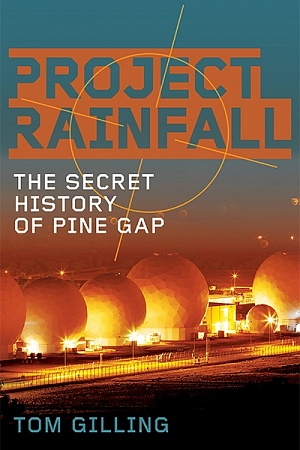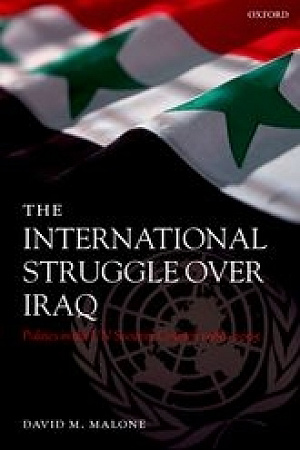Destination Elsewhere: Displaced persons and their quest to leave postwar Europe
Cornell University Press, US$39 hb, 203 pp
Stories as currency
We often talk about refugees in terms of crisis: ‘unprecedented’ floods of thousands, waves of humanity displaced and now knocking at the door somewhere else. The scale can indeed be staggering. World War II displaced perhaps two hundred million people (one in every ten), worldwide. Figures like this are almost paralysing. How to solve a crisis of this scale, let alone attend to any one refugee’s needs? The experiences of ordinary people, the personal dimensions, are often lost. How do you find the individual in those millions? This is what Ruth Balint does so deftly in Destination Elsewhere: conveys the immense scale of the postwar refugee crisis, but also sketches faces, personalities, and the triumphs, hardships, and failings of individuals. It is a history that feels very human.
The trajectories of wartime displacement were almost as numerous as the refugees themselves. There were prisoners of war, concentration camp survivors, former forced labourers, kidnapped and orphaned children – not to mention ethnic Germans expelled after the Nazi defeat, and Eastern Europeans fleeing the Soviets. The situation outside Europe was often even more dire, from the eighteen million people displaced by the Indian Partition, to the ninety-five or so million Chinese people displaced by Japanese occupation. But it was the Europeans who would become known as the ‘displaced persons’ or ‘DPs’. During the 1940s, the new postwar order did manage to cope with this population crisis. Several million people were repatriated – often forcibly, in the case of Soviet citizens – and the remainder were resettled by the new International Refugee Organisation (IRO) in relatively less war-torn countries, chiefly the United States, Australia, and Canada.
Balint describes Kathryn Hulme, an American relief worker in Europe’s refugee camps, quickly discovering that ‘the “DP problem” was an easy generality that you had accepted until you met that problem in the grassroots and saw that it had as many faces as there were people composing it’. This is usually how we encounter DPs in Destination Elsewhere – through their encounters with relief workers and migration officials. The outsized presence of bureaucracy in a book centred on refugee experiences is perhaps surprising. But in Balint’s search for the voices of not just ordinary DPs but particularly the marginalised – single mothers, unaccompanied children, refugees with disabilities – the refugee bureaucracy became crucial. It was in the archives of bodies like the IRO and the International Tracing Service that she found the stories of ordinary people, living through extraordinary circumstances.
Continue reading for only $10 per month. Subscribe and gain full access to Australian Book Review. Already a subscriber? Sign in. If you need assistance, feel free to contact us.











Leave a comment
If you are an ABR subscriber, you will need to sign in to post a comment.
If you have forgotten your sign in details, or if you receive an error message when trying to submit your comment, please email your comment (and the name of the article to which it relates) to ABR Comments. We will review your comment and, subject to approval, we will post it under your name.
Please note that all comments must be approved by ABR and comply with our Terms & Conditions.